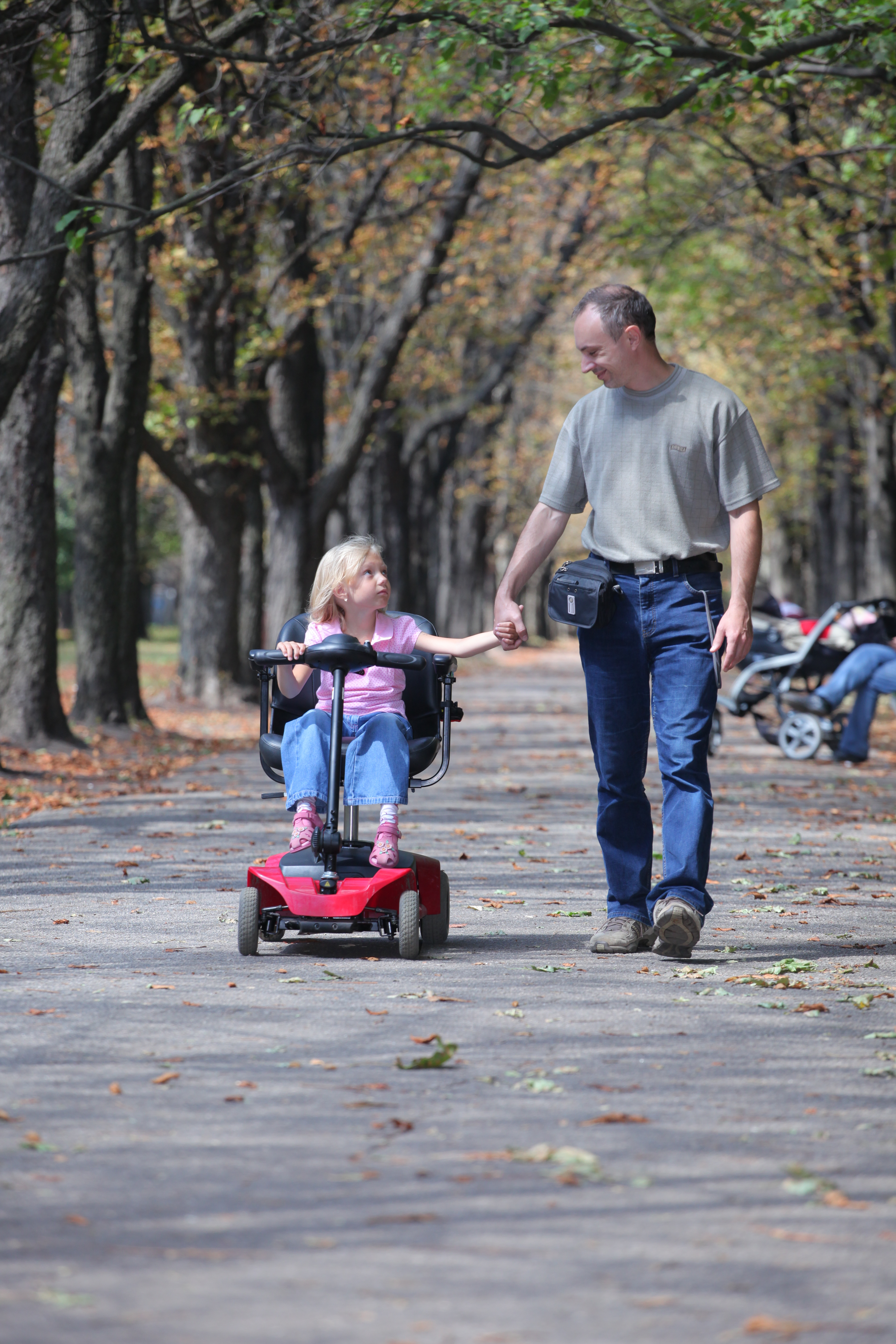Why researchers and patients should work together?
A patient-centred approach is essential in the development of medicines and is a founding principle in European Union Health Systems; spanning from research to healthcare. Research and innovation towards areas prioritised by the patients helps to adjust clinical care to their needs and improve their outcomes. For example, patients can identify which symptoms of a particular disease are the most important ones to treat and communicate their preferences to scientists, clinicians and health policy makers. This information will help adjust research and healthcare towards maximal improvement of patients' life quality.
Patient engagement, which drives the patient-centered approach in research, requires both the ability of researchers to communicate with patients and patients’ ability to contribute proactively with researchers.
As advocated by EURORDIS - Rare Diseases Europe, the RD-Connect partner leading the work on patient engagement, it is crucial to involve patients for the successful development of European-wide research and research infrastructure projects.

Patient engagement in RD-Connect
In RD-Connect, the patient representatives share their knowledge on problems, needs and preferences of patients with specific diseases and with rare diseases in general. Their feedback and expertise help guide and refine research priorities, development and assessment processes. Stakeholders involved in rare disease research widely acknowledged that innovative approaches, creative thinking and robust, trusted and ethical practices are necessary to achieve better patient health outcomes.
Input of patient representatives into RD-Connect activities is managed by EURORDIS through the Patient Advisory Council (PAC) and Rare Disease Patient and Ethics Council (RD-PEC). PAC and RD-PEC provide guidance on the project’s direction, particularly in ethically challenging areas relating to data sharing, where risk and benefit must be carefully evaluated. Members of the PAC engage with each of the RD-Connect technical work packages, which not only enables the technical experts to have direct input from the PAC, but also strengthens the commitment and engagement of the PAC members, and improves dissemination of the project’s work to the wider rare disease patient community.
